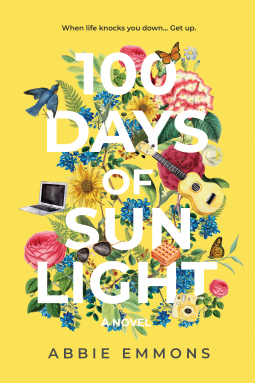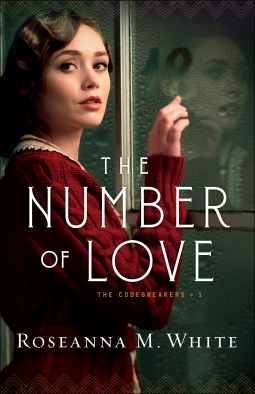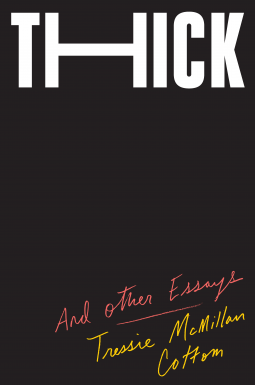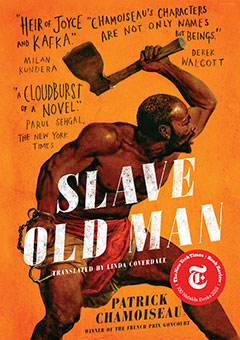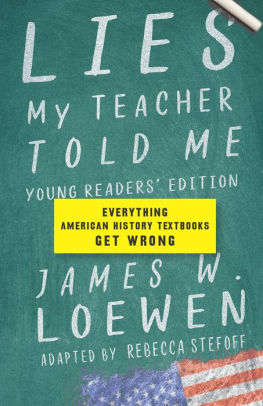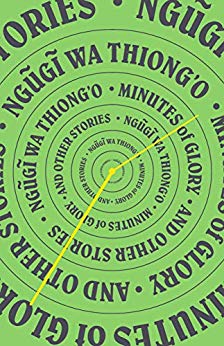Originally Posted on We Are Bookish.
Visit We Are Bookish for more industry interviews!
NetGalley members don’t just love books, they’re fascinated by all aspects of the publishing industry. That’s why in our Industry Spotlight series, we’re asking publishing professionals to tell us more about what a day in their life looks like and to share invaluable tips for members who interact with them through NetGalley. Cynthia Shannon, the Senior Marketing Manager of Food and Lifestyle at Chronicle Books, discusses the importance of early reviews, what her team looks for in member Profiles, and how to best review lifestyle books.
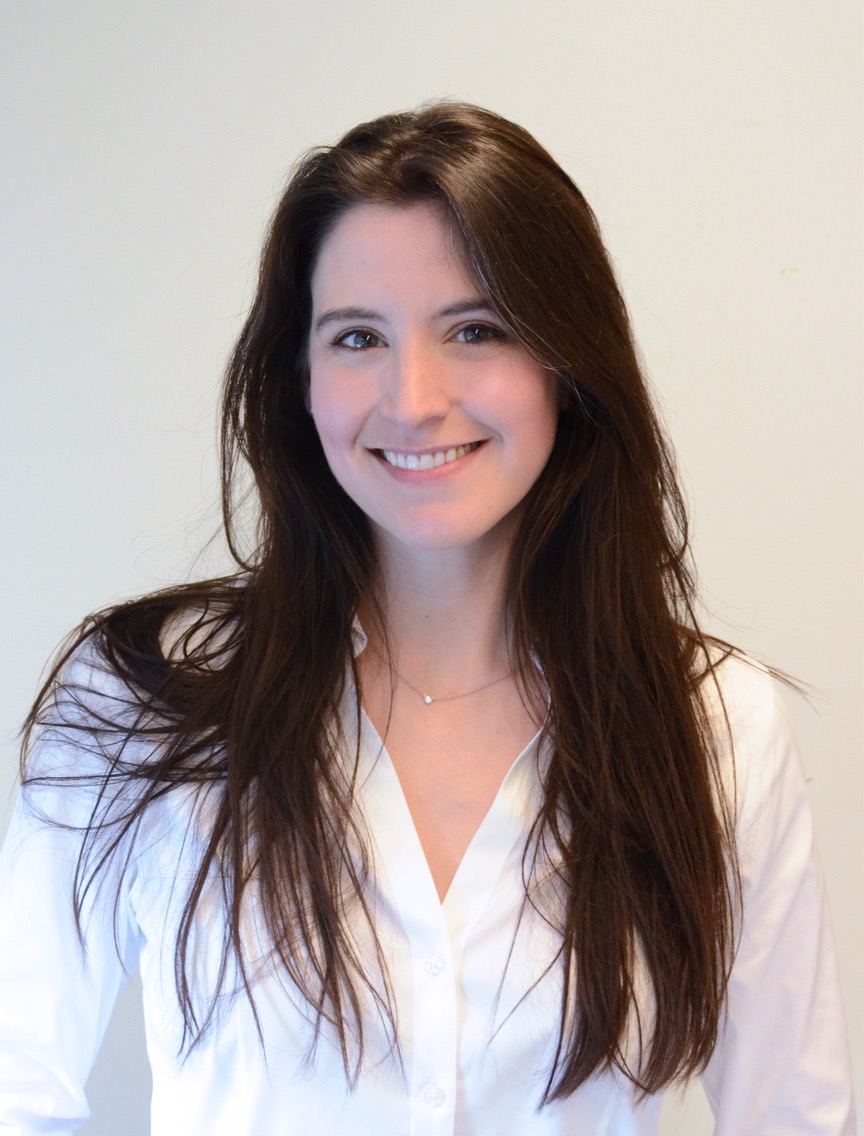
Meet Cynthia
Years in the industry: 15 (OMG)
First book you worked on as a publicist: The New Rules of Marketing and PR by David Meerman Scott. Working on it provided me with a great foundation right as the traditional media industry was getting disrupted. Pitching a journalist via Twitter was a novel concept at the time!
Current (or most recent) book you’re working on: Bagels, Schmears, and a Nice Piece of Fish by Cathy Barrow
An indie bookstore you love: Omnivore Books in San Francisco
What does the role of a senior marketing manager entail? What’s your favorite part of your job?
Marketing is about making sure the right message gets to the right people at the right time, and everything I do comes down to optimizing those three aspects for our food & lifestyle products. I love working with the creative and talented authors and my co-workers at Chronicle Books. I’m inspired every day to think differently about what we can do to improve our marketing efforts and raise awareness of all our amazing products.
People outside of the industry can have some funny or odd assumptions about our jobs. What do your friends and family think you do, and what do you wish people knew about your job?
I think many people—including some authors—don’t realize why it takes so long to publish a book when many self-publishing platforms make it seem so simple. So many people are involved in bringing a book to market, and there’s a lot of expertise that goes along with it. I love reading the acknowledgments section of a book to be reminded of everyone who made a book happen: the editor and agent, designers, photographers, stylists, copy editors, operating managers, sales, marketing, and publicity staff. I’m always touched when I see my name listed there.
Help us take NetGalley members behind the curtain: What does the NetGalley request approval process look like for Chronicle Books? What should members keep in mind when making requests?
This might be somewhat unique, but I set most of my books as available to Read Now. I have never seen an issue with getting our books into the hands of more people, especially pre-publication. The NetGalley community is made up of trusted readers and influencers, and their feedback—good and bad—is incredibly valuable as we gear up toward launch.
How do the reviews that are published by members on NetGalley impact the pre-publication marketing you work on?
The pre-publication reviews are helpful in a number of ways:
1) They’re the first honest reviews we get from outside our publishing team, which helps us gauge actual consumer interest in the title and confirms our hunch in identifying an emerging trend from years ago.
2) They surface key aspects of the book that resonate the most with consumers, which helps us adjust the messaging and emphasize those aspects in media pitches.
3) They can flag mistakes in our messaging, which helps us pivot while there’s still time.
For example, a few seasons ago there were some early reviews of a cookbook where reviewers were disappointed to see recipes that included meat. They had thought that it would be a vegetarian cookbook based on the cover, title, and description. While it was too late to change the cover or title, we were able to update the description to clarify that the cookbook contained recipes with meat. We also made sure to emphasize it in media pitches. Reviews improved after that, and it was a good lesson to learn internally as well.
What’s the most common misstep you see from NetGalley members that leads to a declined request?
While I set most of my titles as available to Read Now, my colleague Carrie Gao, School and Library Marketing Coordinator, says that having high approval and feedback percentages are certainly advantages and will usually lead to automatic approvals for any requested title. We will decline requests when we suspect the reviewer is probably not the right audience for the book: For example, when we see someone who mostly reviews Adult thrillers requesting a middle grade contemporary title about a pet shop.
What advice do you have for members who are unsure of the best ways to review nonfiction books such as cookbooks or lifestyle books?
Anyone can Google a recipe for a dish that they feel like making. Good cookbooks will inspire you to try new dishes and build your confidence in the kitchen. Reviewers don’t need to make sure the recipes work—we have actual recipe testers for that—but they should scan the table of contents, read through the recipes, and follow the urge to run to the kitchen to see if they already have the ingredients on hand. Depending on what kind of cook you are, you may gravitate towards recipes that are quick, easy, and practical (like from the upcoming book A Dish for All Seasons by Kathryn Pauline) or specialized and time-consuming like perfecting your own bagels or masa (thinking of those in Bagels, Schmears, and a Nice Piece of Fish by Cathy Barrow and the forthcoming MASA by Jorge Gaviria).
Lifestyle books range from the quirky to the practical and should be approached with that type of mindset. Discover books that speak to you, whether in parenting, astrology, or self-help. Also ask yourself, would you buy this book as a gift for yourself or a friend?
What can newer NetGalley members, who may not have a high Feedback Ratio or strong blog/social stats yet, do to stand out to publishers?
I would recommend having a full and complete profile. My colleague Carrie agrees, adding: Include any link to external sites you might own, including blogs and social media, as we’ll check them out to see how consistent of a reviewer you are or what your social platform might look like elsewhere. Be as accurate in your profile as possible. Make sure your member type is correct. We’ll take into account how long you’ve been a NetGalley member, as being relatively new could explain a low ratio and wouldn’t necessarily cost you any points.
Who are some book influencers you think are doing really cool things in online book reviewing spaces?
I follow several NetGalley members who cross-post their reviews to Goodreads, as it’s always interesting to see what other books they choose to review. I also queried my colleague Ailyn Pambid, Marketing Assistant (and respectable book reviewer in her own right: @wheresdabooks). Ailyn noted how there are some great book influencers on YouTube (such as Regan from @PeruseProject, Adri from @perpetualpages, and Cindy form @withcindy) and Instagram (Sol from @thesolreader, Oscar from @booksteahenny, Angela from @baosbooks, Hayle from @bookishbluebird, and Esther from @estherhfung).
Is there anything we didn’t cover here that you’d like to add?
I rely on NetGalley to start the flywheel of pre-publication buzz. I’ve noticed that approximately half of my NetGalley reviews show up on Goodreads, and the Goodreads ratings feed into Edelweiss, giving sales reps some built-in support when meeting with booksellers and librarians. NetGalley also helps raise awareness with a core and influential readership.
Thanks for chatting with me, Cynthia!
Editor’s note: The above opinions represent the specific viewpoint and strategy of one particular publisher. Publishers and authors use NetGalley to help accomplish a variety of goals, and incorporate NetGalley into their overall marketing and publicity efforts in different ways.





